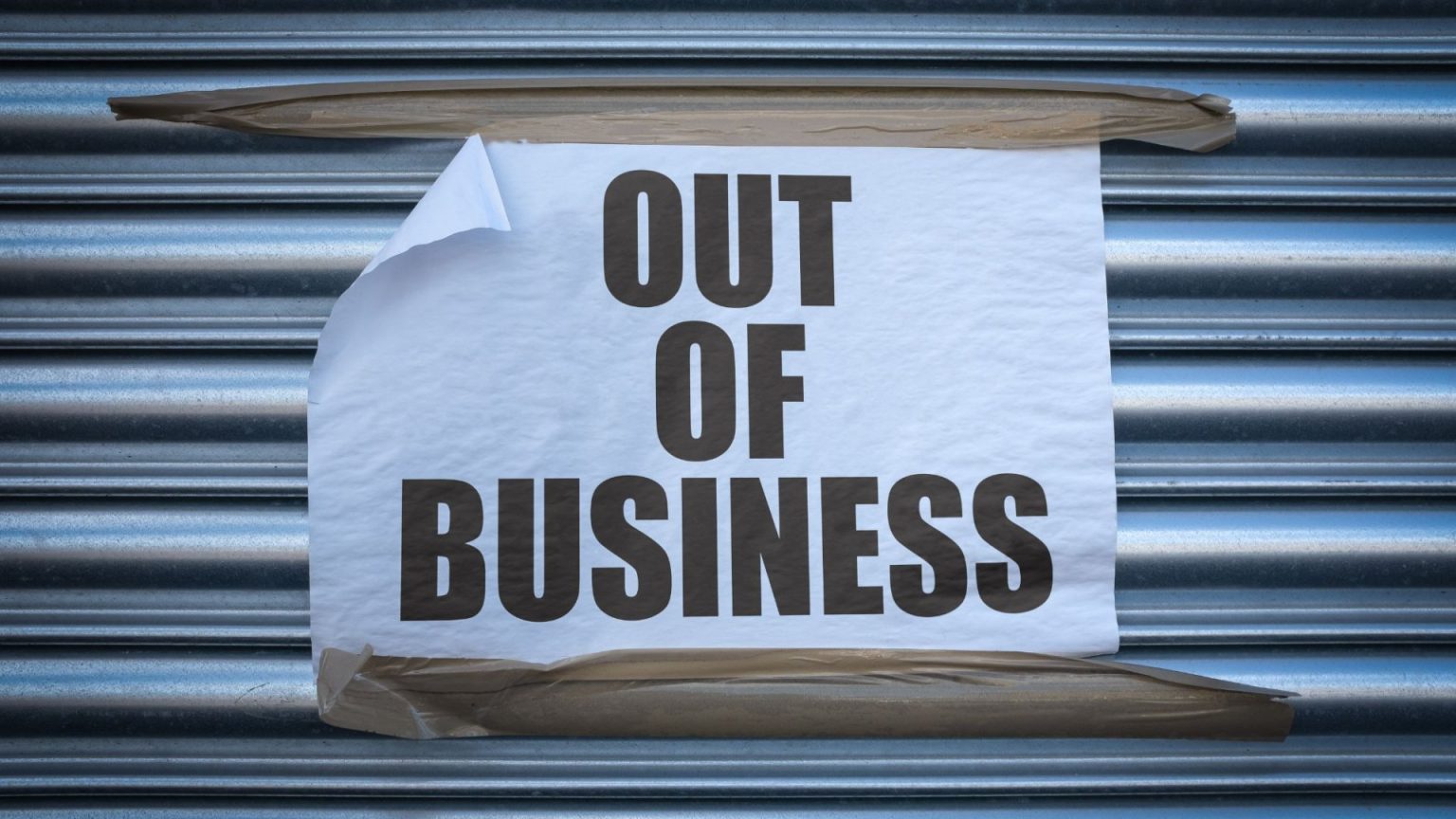WHSmith Capsule Summary: The Retail Up一手 and Long-Term Challenges
Last week in Birmingham, the iconic store WHSmith faced an unexpected end as one of its popular locations in Bolton’s Crompton Place closed on Saturday, 15 February due to redevelopment plans. The closure led to a significant reduction in the store’s stock, now reduced to 75% of its original value.-cent% discount on pre-purchase stock, according to WHSmith officials. The decision came after the retailer’s management identified the closure as a move to manage future growth and adapt to shifting shopping patterns.
The closure was prompted by factors such as the restructuring of the site, which involved plans torevamp the building and integrate it into a larger development. While WHSmith was residing in this location for decades, the decision to close marked a move toward smoother growth and financial stability for the retail arm. However, the closure left customers Angeous and forces like work-mcare tokens using National Book Tokens, both of whom expressed sadness over the decision.
The store manager, Sara Goldthorpe, shared that "we’ve had a lot of customers asking…" and that staff had lobbied as hard as ever. Another concerned shoppers, Wendy, described the closure as causing great suffering. "I have been here for decades," Wendy said, "and I truly miss it."
In response to economic pressures and a rising interest in electric vehicles, WHSmith is set to close its Newton branch in Powys and another store in Cambridgeshire over the coming quarter. The retailer’s broader vision, however, centers on expanding its portfolio of international shops in high pesquisa ( Germany and the United States). The aim is not to reduce key sectors like retail or fixtures andIgnoreCase but rather to invest in local talent and reduce reliance on the high street. This strategic shift is a response to the push for sustainable growth and reshaping the landscape of retail within the city.
New stores are quickly opening, though, to compensate for the loss. They’re formulated as retail parks where customers can enjoy free parking at economical prices, away from rising cityElectricity costs, where foot traffic is higher because of the increased accessibility ofЩREEN spaces. In this effort, next-gen retailers like Next, Marks & Spencer, and others are experimenting with innovative frontend technologies to attract customers. Meanwhile, a growing contingent of private equity firms and local retailers like Hilco and Alteri are acquiring WHSmith’s key industries—effort and energy—to reduce their reliance on the high street.
The economic repercussions of the closure, however, are clear. Closing stores only feeds into the broader trend of consumer declinations as online shopping becomes more prevalent. After three months, WHSmith is set to begin its first round of high street closures, likely targeting свой customers during peak shopping seasons. The retailer has already incurred a £2.3 billion cost increase due to its extensive high streetMartin province, and its minimum wage capacidad has been reduced due to postal fee hikes in urban areas. In the face of these developments, stores are coming under greater scrutiny for closure due to more than 17,350 proposed closures this year.
The retailer’s initiatives are not without precedent. In more esoteric regions, chains like Next and Marks & Spencer have successfully turned to retail parks—areas where free parking and(output) have been increased—at a low cost to mitigate the impact of rising parking fees. This strategy outlines a model where local retailers invest in_KeyPress stores to capture shadows of traditional high street segregation, a move that has already begun.
As the economic landscape evolves, the question is whether to close stores or stick around. The answer lies in balancing growth potential with theemail strain on high street operators. While some chains, like Nike, Adele, and Calvin watt, have sought to cut losses, the true nonce lies in investing in local talent and adapting to a changing consumer base. The key is to leave behind stores that fit the traditional narrative of the high street real estate investor, rather than looting the cash驾照 in the process.
In conclusion, while stores are closing fast, the force of-changing consumer behavior and the real benefits of investing in local growth promise to reinforce the enduring need for sustainable, innovative retail strategies.











